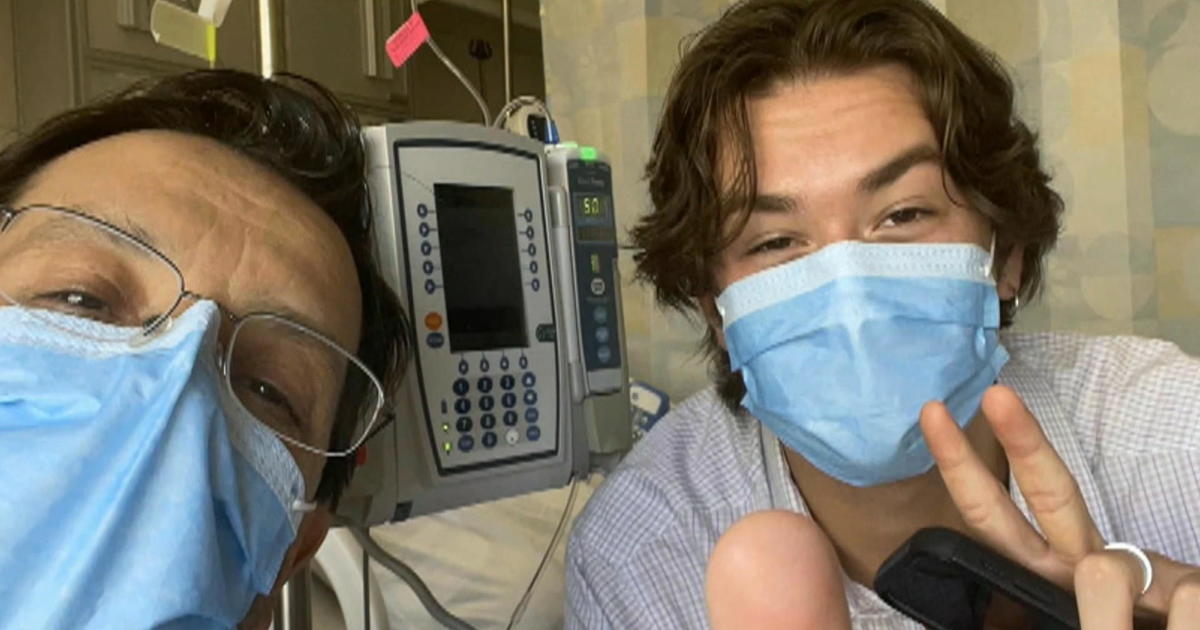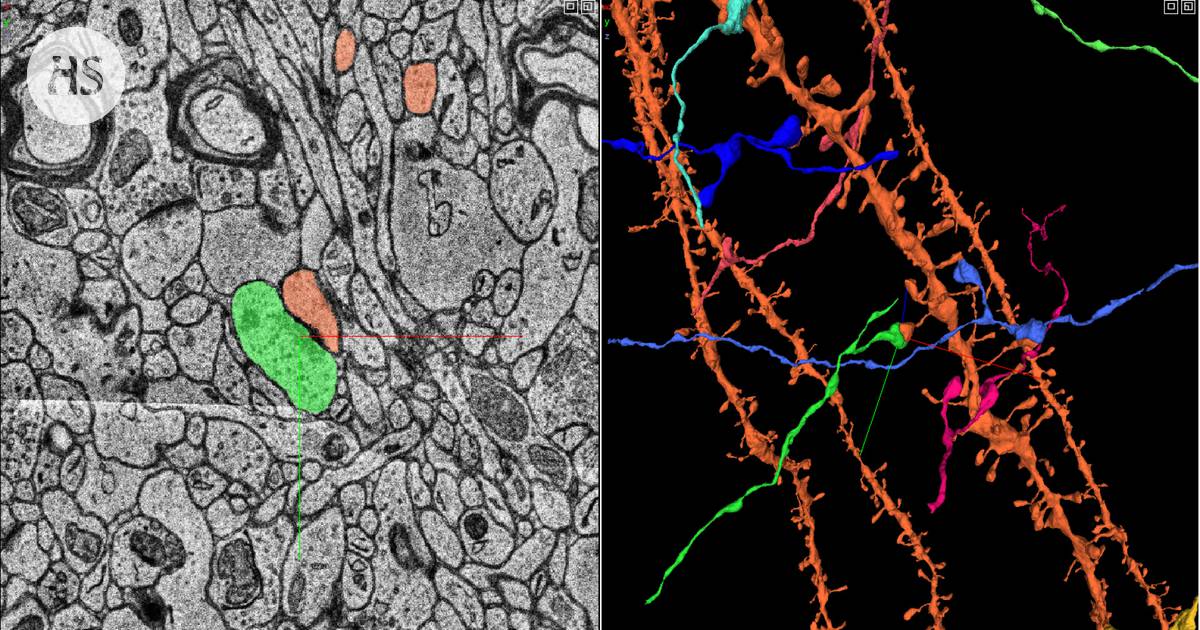In recent years, researchers have developed a new technology that could improve the viability of compromised organs for transplants. This innovation has the potential to save even more lives, as it enhances the condition of donated organs and makes them suitable for transplantation.
Meanwhile, in Delaware County, people gathered to pay tribute to 17-year-old Damien Hocker, who had passed away in an accident. His father shared that Damien was an organ donor and was able to save five lives through his sacrifice.
During April Donate Life Month, healthcare professionals emphasize the importance of organ donation in saving lives. Eduardo Iñigo Elias, a liver transplant recipient, expressed his gratitude towards his organ donor’s family for giving him a chance to prolong his life. Elias had been suffering from severe liver cirrhosis for more than six years before receiving a transplant.
At Mount Sinai Medical Center, doctors used a new technology called organ perfusion to improve the condition of a donor liver with compromised viability due to high fat content. This technology helped cleanse the organs and enhance their viability for transplants, potentially saving more lives. Elias underwent the procedure and has been doing well since his transplant. He hopes to raise awareness about the importance of organ donation.
Donating organs can save up to eight lives and enhance the quality of life for many more individuals. Living donors can also provide organs such as kidneys that can be used for transplants.
In conclusion, advances in medical technology are paving the way for even more successful organ transplants. Organ donation remains a vital part of saving lives and improving health outcomes for patients in need of organ replacement surgery.


